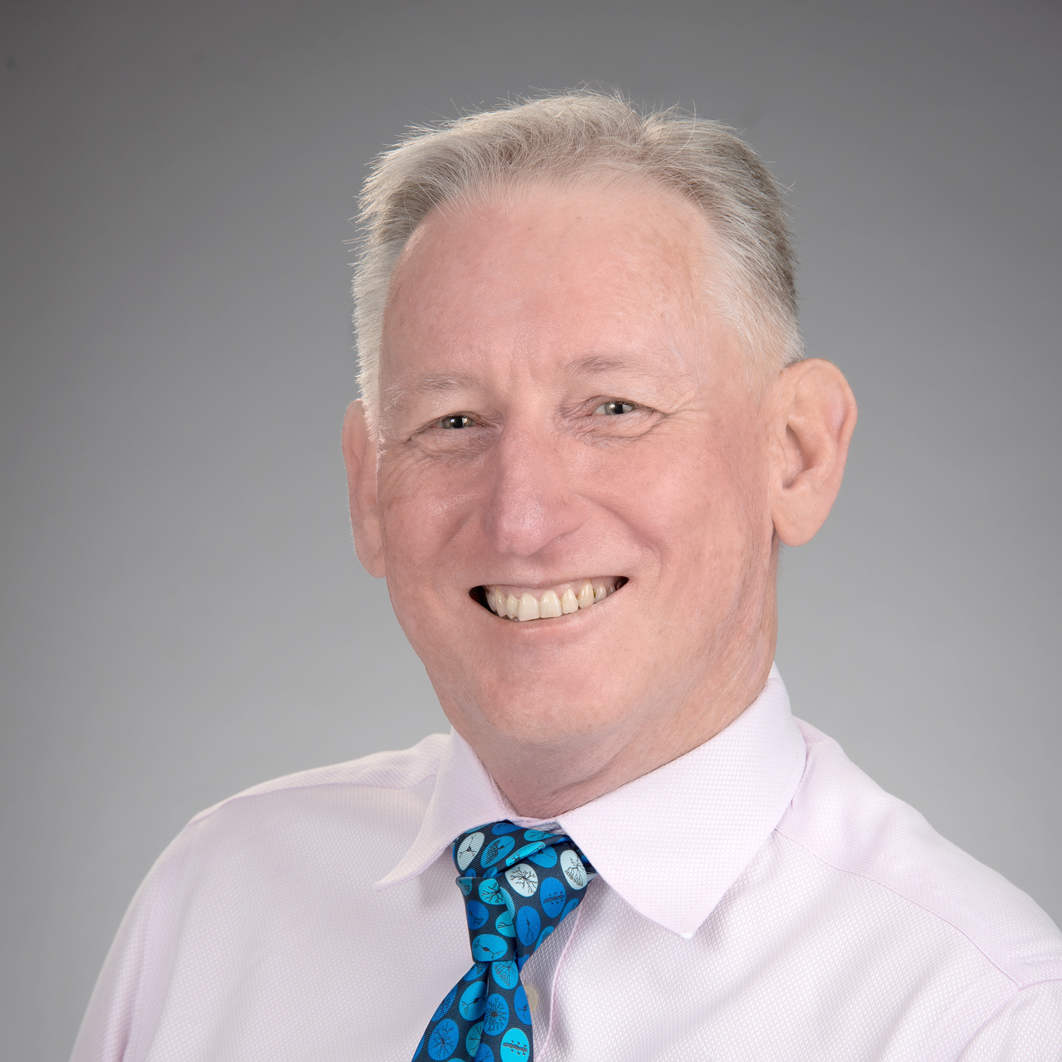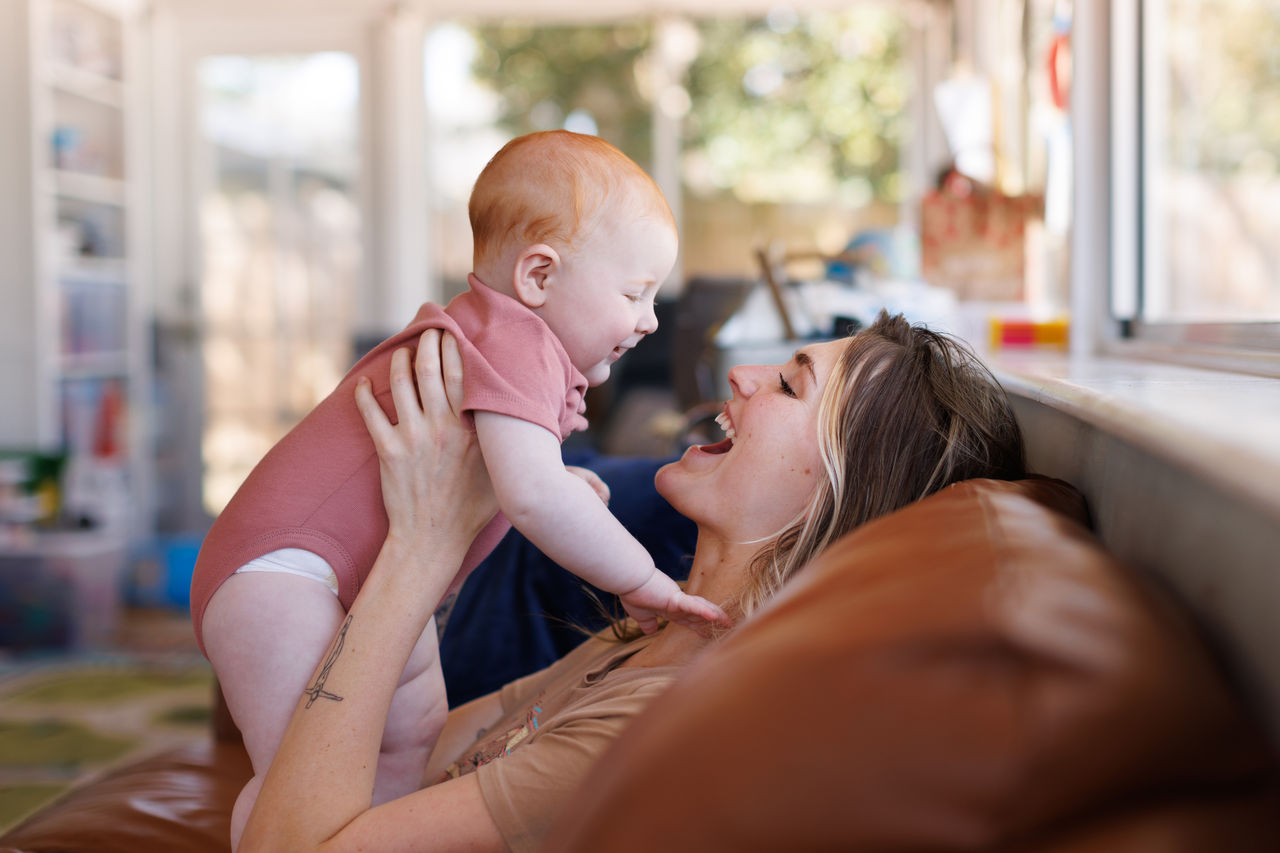Neuroscience Research Center
- About Us
- Our Research
- Research Impact
Building Brighter Futures Through Brain Research
The Neuroscience Research Center at Nemours Children’s works to develop innovative treatments that improve the lives of children with neurological disorders. Located in the Delaware Valley, our team leverages the synergy of a diverse team of clinical and basic science investigators. We collaborate across disciplines to advance pediatric research and provide exceptional care.
We believe team science is the best science. We combine our expertise to understand the mechanisms underlying pediatric neurological disorders. Our work helps us better predict progression and develop treatments and prevention therapies that can improve quality of life for children everywhere.
Our team includes experts in epilepsy, general neurology, neonatal neurology, neuro-ophthalmology, neuromuscular disorders, neuroimmunology and genetics. Flagship programs like our Level IV Epilepsy Center with advanced epilepsy monitoring unit and MDA-certified neuromuscular program highlight our leadership in these areas. We also train future leaders through our robust neurology residency and fellowship programs.
With active clinical trials exploring new treatments for conditions like tuberous sclerosis, migraine, and Dravet syndrome, we are at the forefront in translating discoveries into real-world impact.
Driving Neuroscience Research: By the Numbers
Our center research is robust and impactful. With team-based expertise, state-of-the-art labs and support from federal and private grants, we help give kids the best possible life.
$4.7 million
Active external funds
7
Investigators doing basic science and clinical research
22
Associates, staff, and students on our team
We integrate leading-edge basic science with translational research and clinical expertise to drive innovation from bench to bedside.
Our collaborative approach harnesses a broad range of expertise to unravel complex neurological disease processes and develop transformative treatment strategies.
With robust funding from prestigious National Institutes of Health and philanthropic partners, we provide high-impact investigations that make a difference.
Leadership Team

Rodney Scott, MD, PhD
Division Chief, Neurology, Delaware Valley
Director, Neuroscience Research Center

Amanda Hernan, MD, PhD
Co-Director, Neuroscience Research Center, Division of Neurology
Research Scientist
Head, Dynamics in Epilepsy & Cognitive Development Lab
Research Team
-
Stephen J Falchek, MD
Primary Office
Wilmington, DE
Research Excellence in Pediatric Neurology

Our center advances the understanding and treatment of childhood neurological disorders through focused scientific investigation and collaborative research approaches. Our work is structured around dedicated focus areas and interconnected themes, creating a comprehensive framework that drives discovery and improves patient care.
Focus Areas
Our center includes research that focus primarily on:
Pediatric epilepsy and cognitive impairments | Investigating the cognitive and behavioral problems that can happen along with epilepsy to develop more targeted therapies.
Neonatal brain injury | Delineating the mechanisms of perinatal brain injuries, especially hypoxic-ischemic encephalopathy using innovative models to identify protective therapies.
Neurodevelopmental disorders and neurological cancers | Exploring the molecular basis of cerebellar neurodevelopment to pinpoint new treatment therapies.
Early-onset motor neuron disorders | Uncovering the common pathways underlying diseases like spinal muscular atrophy and hereditary neuropathies to guide new treatments.
Research Themes
We pursue projects that intersect across our main focus areas within the following themes:
- Multidisciplinary research collaboration: Partnering with basic scientists, mathematicians, statisticians, and clinicians to advance insights and discoveries.
- Basic and translational research: Turning today’s discoveries into tomorrow’s cures with the full range of research, from wet bench through clinical trials.
- Early intervention and prevention: Investigating ways to predict outcomes for neurologic disease and identify new, early treatments.
- Improving quality of life: Working to help kids with neurologic disorders live better in childhood and beyond.
Clinical Trials & Research Studies at Nemours
Pediatric clinical trials and research studies are important for advancing medical knowledge and improving care for kids around the world. Our researchers lead clinical research to study new drugs, treatments, devices, and techniques. We also contribute to national registries and collaboratives to further research in this area. Find a clinical trial or study now.

Research Partnerships
We expand our knowledge and leverage diverse perspectives with partnerships and collaborations within and outside our field of study:
ChristianaCare, Wilmington, Del.
Delaware State University, Dover, Del.
The Jackson Laboratory, Bar Harbor, Maine
Thomas Jefferson University, Philadelphia, Pa.
University of Delaware, Newark, Del.
Related Research & Clinical Focus
Centers at Nemours often align with research areas, affiliated labs, and clinical programs to support discovery and care systemwide.
Autism Center, Delaware Valley
CLINICAL CARE
Autism evaluation, therapy, and family-centered care at Nemours Children’s Hospital, Delaware and specialty care locations in the Delaware Valley.
Dynamics in Epilepsy & Cognitive Development Lab
DELAWARE VALLEY
We study how early-life seizures impact brain development, using advanced recording and treatment strategies to support cognitive outcomes in children with epilepsy.
Neonatal Brain Injury Lab
DELAWARE VALLEY
We are researching birth-related brain injuries in newborns like hypoxic ischemic encephalopathy (HIE) to protect brain development for the best start in life.
Neuroscience Center, Delaware Valley
CLINICAL CARE
Pediatric neurology, epilepsy care, and neurodevelopmental services at Nemours Children’s Hospital, Delaware and throughout Greater Philadelphia.
Neuroscience Research
RESEARCH AREA
We investigate brain development and neurological disorders to advance pediatric neuroscience through collaboration and translational science.
Translational Neurobiology & Drug Discovery Lab
DELAWARE VALLEY
We study how brain cells grow and connect to understand the causes of pediatric brain tumors and neurodevelopmental disorders, and to develop more targeted therapies.
Research That Makes a Difference
The strength of our research is reflected in scientific contributions and peer recognition. Through competitive grant funding, high-impact publications, and field-advancing discoveries, we demonstrate our commitment to rigorous science that improves children's lives. Here we highlight key indicators of our research productivity and scientific impact.
Grants & Awards
Our research is recognized and validated through generous federal grants and private funding. In fact, we're part of Delaware State University’s National Institute of Health (NIH) Centers of Biomedical Research Excellence (COBRE) program working collaboratively on research pertaining to pediatric neurological disorders. This initiative fosters interdisciplinary collaboration between different institutions within the state of Delaware.
This and other support moves us forward and allows us to meaningfully contribute to scientific discovery. Our team has recently been awarded:
National Institutes of Health (NIH)
R01 Grant
Targeting mechanosignaling in pediatric brain tumors (2022-2027) | Langhans, S.A. (PI)
Leveraging genetically encoded heterogeneity to understand TSC-associated neuropsychiatric disorders and seizures in novel models of tuberous sclerosis complex (2022-2027) | Hernan, A. (PI)
Clinical and Translational Research Support Hub of Resources and Education (CTR-SHoRE)
Leveraging genetic diversity to identify astrocytic modifiers of TSC phenotypes (2024) | Hernan, A.
Centers of Biomedical Research Excellence (COBRE) — Team Science
Functions of Na,K-ATPase beta1-subunit in cerebellar development and neurodevelopmental disorders (2024-2025) | Hernan, A. and Langhans, S.A. (PIs)
Idea Networks of Biomedical Research Excellence (INBRE)
Team Science Grant
Sex and microglia in neonatal hypoxic ischemic brain injury (2024-2025) | Wright-Jin, E. (PI)
Booster Grant
Multi-indication therapeutic strategies for early-onset motor neuron diseases (2024-2025) | Butchbach, M. (PI)
Private Funding
Holt Foundation
Leveraging genetically-encoded heterogeneity to understand TSC-associated neuropsychiatric disorders and seizures in novel models of tuberous sclerosis complex (2023-2026) | Hernan, A. (PI)
Thomas Jefferson University Center for Neurological Analytics
Impact of inflammation on outcome after neonatal hypoxic ischemic encephalopathy (2024-2025) | Wright-Jin, E. (PI)
Relationship between interferon regulatory factor 2 binding protein-like (IRF2BPL) and androgen receptor (AR) in motor neuron diseases (2024-2025) | Butchbach, M. (PI)
Enhancing Associative Memory in Epilepsy Patients through Direct Brain Stimulation (2024-2025) | Scott, R. (PI)
Delaware Health Sciences Alliance (DHSA) — Shark Tank
Discerning the abnormal functional connectivity involving the social reciprocity network in Autism Spectrum Disorder and the impact of Transcranial Magnetic Stimulation in mitigating the abnormalities (2024-2025) | Scott, R. (PI)
Nemours Children’s Health Department of Pediatrics Operational Division
Development of a Scorecard to Guide Prognosis in Neonates with Hypoxia-Ischemic Encephalopathy (2024) | Tran, L. (PI)
Swank Foundation
A complex system approach to improving outcomes in autism spectrum disorders (2022-) Scott, R. (PI)

Publications
Nemours researchers constantly contribute to advancing scientific understanding. We share our knowledge, insights and discoveries to encourage collaboration and inspire further research.



